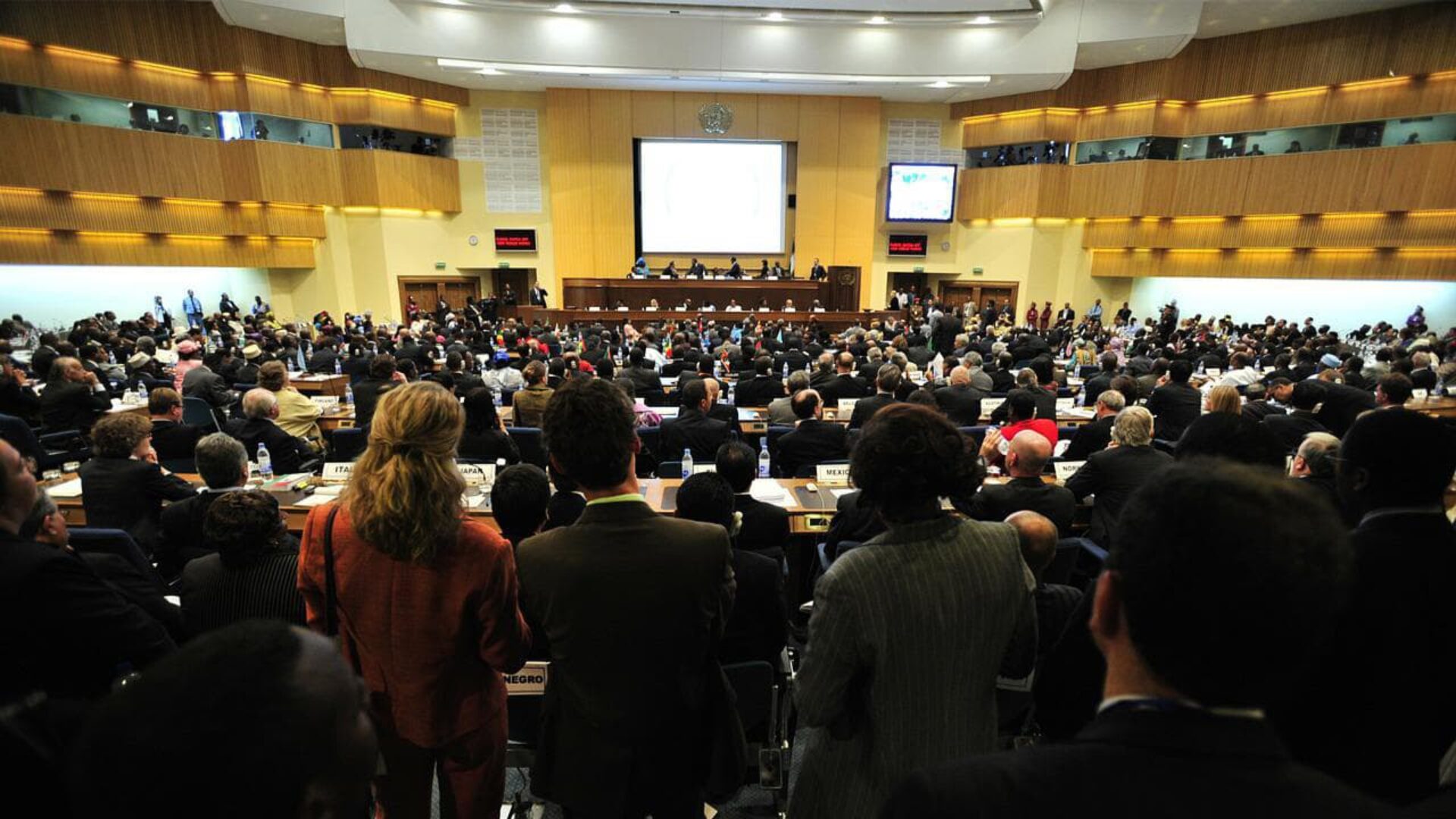We invite speakers
Determine which topics will be covered at the conference. For example, for a conference on digital marketing, you can consider ways to promote in a complex, or you can only delve into contextual advertising, SMM or content marketing.
Make a list of speakers who are recognized experts in the topic of the event.
Write invitations to speakers. Spell out the terms: what the speakers want for their presentation, what you want to get from the speakers.
Agree in advance on the length and format of the presentation. How much time is devoted to the presentation, and how much to questions. 22.
Warn that there is no need for promotional reports. Such reports are not only of little interest to conference guests, but also undermine the credibility of the organizers.
In order to make the conference interesting and useful, emphasize the speakers-practitioners and the availability of cases from their experience in the report.
Collect the topics and theses in advance. This is necessary to initially eliminate the overlap in the reports, in time to track and prevent advertising.
Review the presentations at least two weeks before the event. If you find that some of the content of the reports overlap, negotiate with the speakers to change part of the report.
Advise speakers of the time and order of their presentations in advance. Clarify how much time the speaker needs to prepare for the presentation. This will give you an idea of exactly when the speaker should be on the floor.
Check with out-of-town speakers if they need assistance in booking tickets and finding a hotel. Negotiate the time of the speaker’s arrival in the city to make sure you meet him or her. Do not meet the speaker only if he refused to do so. In all other cases, do not let things go on their own.
Gathering participants
For attracting guests to the event use the maximum available channels: context and target advertising, direct sales, placement in the offices of partner companies.
Create pages of the event in social networks. Post daily the process of preparation, introduce your subscribers to the speakers. Promote publications with targeting for greater reach.
Ask speakers to record a video message inviting guests. Distribute the resulting videos on social networks and on the personal pages of your team members. Arrange for reposts of the publications to appear in the speakers’ accounts.
Collect all useful information for participants on your promotional page. Include the date, start time, and location. Introduce speakers and content. Post the program with timings at least two to three weeks before the event.
Provide an opportunity to register and pay through a promotional site.
Maximize your media coverage. Publish information about the event in profile posters, arrange publications in electronic publications, arrange for a live broadcast on radio or television. Do not rule out a communication channel until you have tried it out. Try to negotiate a posting on mutually beneficial non-commercial terms.
Connect bloggers in your city on Instagram, Facebook, Twitter, YouTube, or Telegram channels. Choose those whose audience overlaps with the event’s target audience.
To evaluate how a particular publication worked through opinion leaders, generate a personal discount promo code for each of them. At the same time, you’ll also stimulate demand.
